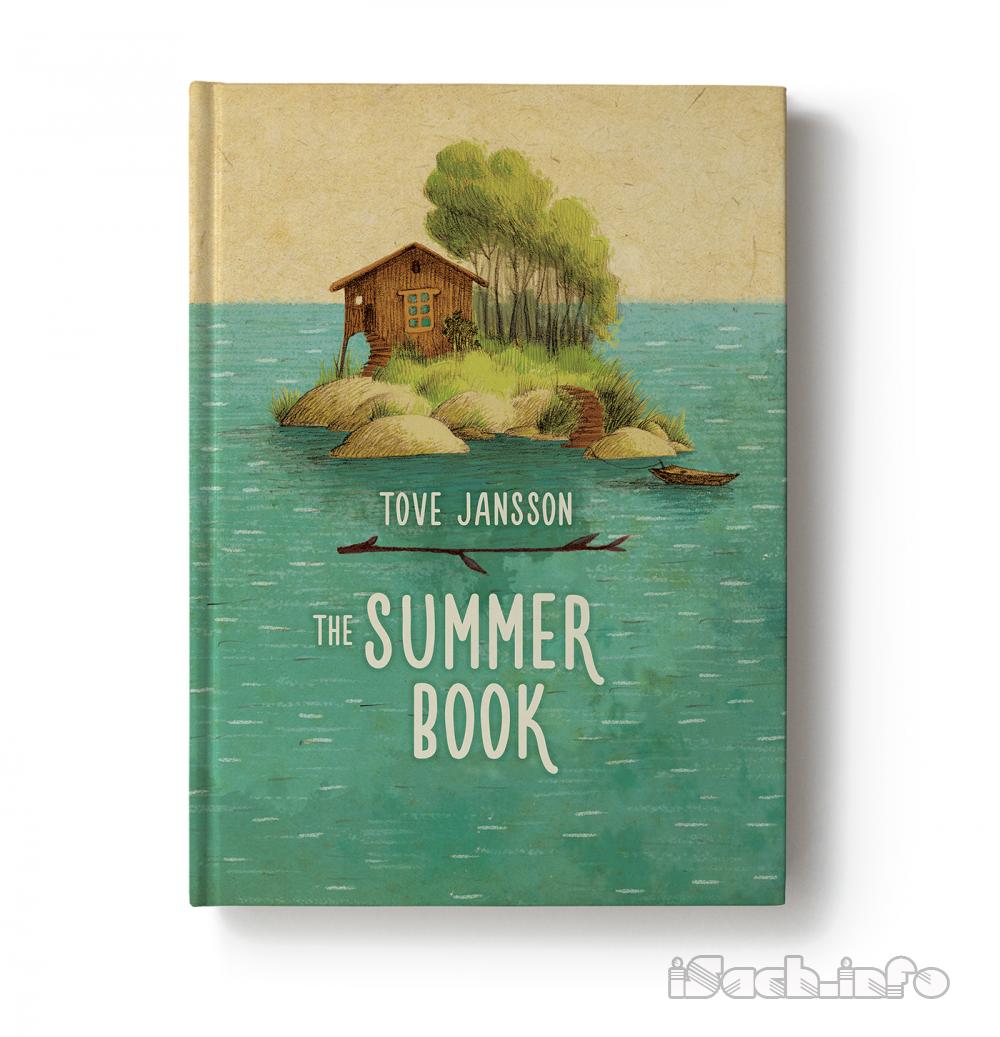Chapter 7: Playing Venice
O
NE SATURDAY there was mail for Sophia—a picture postcard from Venice. Her whole name was on the address side, with “Miss” in front, and on the shiny side was the prettiest picture anyone in the family had ever seen. There was a long row of pink and gilded palaces rising from a dark waterway that mirrored the lanterns on several slim gondolas. The full moon was shining in a dark blue sky, and a beautiful, lonely woman stood on a little bridge with one hand covering her eyes. The picture was tinged with real gold here and there in appropriate places. They put the postcard up on the wall under the barometer.Sophia wanted to know why all the buildings were standing in the water, and her grandmother told her all about Venice and how it is sinking into the sea. She had been there herself once. The memory of her trip to Italy exhilarated her, and she talked on and on. Occasionally she tried to tell about other places she had seen, but Sophia wanted only to hear about Venice, and especially about the dark canals that smelled of must and rot and that each year pulled the city farther down into the mud, down into a soft black slime where golden dinner plates lay buried. There is something very elegant about throwing the plates out the window after dinner, and about living in a house that is slowly sinking to its doom. “Look, Mama,” said the lovely Venetian girl, “the kitchen is under water today.” “Dear child, it doesn’t matter,” her mother replied. “We still have the drawing room.” They rode down in their elevator and stepped into a gondola and glided through the streets. There wasn’t an automobile in the entire city, they had all long since sunk into the ooze. The only sound was footsteps on the bridges, and people walked and walked all night. Sometimes one heard a strain of music, and sometimes a creaking noise as some palace settled and sank deeper. And the smell of mud was everywhere.
Sophia went down to the marsh pool, which was a smooth brownish-black under the alder trees. She dug a canal through the moss and the bilberry bushes. “Mama, my ring has fallen in the canal.” Her ring was gold, with a red ruby. “Dear child, don’t trouble yourself. We have the whole drawing room full of gold and precious jewels.”
Sophia went to her grandmother and said, “Call me ‘Dear Child’ and I’ll call you ‘Mama.’”
“But I’m your grandmother,” Grandmother said.
“Please, Mama, it’s a game,” Sophia explained. “Mama, shall we play you’re my grandmother? I am your dear child from Venice, and I’ve made a canal.”
Grandmother stood up. “I know a better game,” she said. “We’ll be old Venetians building a new Venice.”
They started building in the marsh pool. They made pilings for the Piazza San Marco out of a lot of little wooden plugs, and covered them with flat stones. They dug additional canals and built bridges over them. Black ants scurried back and forth across the bridges, while down below there were gondolas gliding along in the moonlight. Sophia collected pieces of white marble along the shore.
“Look, Mama,” she called. “I’ve found a new palace.”“But my dear child, I’m only ‘Mama’ to your father,” Grandmother said. She was concerned.
“Is that so!” Sophia shouted. “Why is he the only one who gets to say ‘Mama’?”
She threw the palace in the water and stalked away.
Grandmother sat down on the veranda to make a Doge’s Palace out of balsa wood. When the palace was done, she painted it with watercolors and gold. Sophia came to look at it.
“In this palace,” Grandmother said, “there lives a mother and a father and their daughter. Right through that window. The daughter has just thrown the dinner plates out the window, and they broke on the piazza, because they were only china. I wonder what the mother said.”
“I know what the mother said,” Sophia declared. “She said, ‘My dear child, do you think there’s no end to your mother’s china?’”
“And what did the daughter say?”
“She said, ‘Forgive me, Mama. I promise to throw only the golden dinner plates in the future!’”
They set the palace by the piazza, and the father, mother, and daughter continued to live there. Grandmother made more palaces. A great many families moved into Venice and called to one another across the canals. “How far did your palace sink today?” “Oh, it’s not so bad. Mother says it’s only a foot or so.” “What’s your mother making for dinner? My mother’s boiling some perch.” At night they all slept soundly, and the only noise was the footsteps of the ants across the bridges.
Grandmother became more and more involved. She made a hotel and a trattoria and a campanile with a little lion on top. It was a very long time since she’d been in Venice and she could remember the names of all the streets, because her memory was best for things that had happened long ago. One day, there was a green salamander in the Grand Canal and traffic had to make a long detour.
That same evening, it started to rain, and the wind went over to the southeast. The radio said low-pressure system and winds to thirty miles an hour, but no one gave it a second thought. But when Grandmother woke up in the middle of the night as usual, and heard rain pelting on the roof, she remembered the sinking city, and it worried her. It was blowing hard, and there was nothing but a grassy beach between the marsh and the sea. Grandmother dozed off and woke up again several times, and each time she heard the rain and the waves and worried about Venice and Sophia. When it started to get light, she got up and put on a slicker over her nightgown and covered her head with a sou’wester.
The rain had let up, but the ground was drenched and dark. It will make everything grow, she thought absentmindedly. She took a firm grip on her walking stick and stumbled on against the wind. It was a beautiful gray dawn, with long parallel rainclouds marching across the sky and white-caps covering the dark green sea. She could see right away that the whole shore line was flooded, and then she saw Sophia running toward her across the rock.
“It’s sunk,” Sophia screamed. “She’s gone!”The cottage was open, and the door stood banging in the wind.
“Go back to bed,” Grandmother said. “Take off your nightgown, it’s wet through, and close the door and go to bed. I’ll find the palace. I promise I’ll find it.”
Sophia was crying with her mouth wide open. She wasn’t listening. Finally Grandmother had to go with her to the cottage to be sure she went back to bed.
“I’ll find the palace,” she told her again. “Now stop howling and go to sleep.”She closed the door and walked back down toward the shore. When she got there, she found that the marsh had become a bay. The waves washed up into the heather and swept back into the sea again, and the alders stood well out in the water. Venice had disappeared beneath the sea.
Grandmother stood gazing at this scene for quite a while; then she turned and went home. She lit the lamp and got out her tools and a suitable piece of balsa wood and put on her glasses.
The Doge’s Palace was ready at seven o’clock, just as Sophia banged on the door.
“Wait a minute,” Grandmother said. “It’s latched.”
“Did you find her?” Sophia called. “Was she still there?”
“Yes, of course,” Grandmother answered. “They were all still there.”
The palace looked much too new, not as if it had been through a flood. Quickly Grandmother took her water glass and poured it over the Doge’s Palace, then emptied the ashtray into her hand and rubbed the cupolas and walls with ashes, and all the time Sophia kept pulling at the handle and yelling that she wanted in.
Grandmother opened the door. “We were lucky,” she said.
Sophia examined the palace very carefully. She put it down on the night stand and didn’t say a word.
“It’s all right, isn’t it?” said Grandmother anxiously.
“Quiet,” Sophia whispered. “I want to hear if she’s still there.”
They listened for a long time. Then Sophia said, “You can rest easy. Her mother says it was a perfectly dreadful storm. Now she’s cleaning up the mess, and she’s pretty worn out.”
“Yes, I’ll bet she is,” Grandmother said.



 ePub
ePub A4
A4